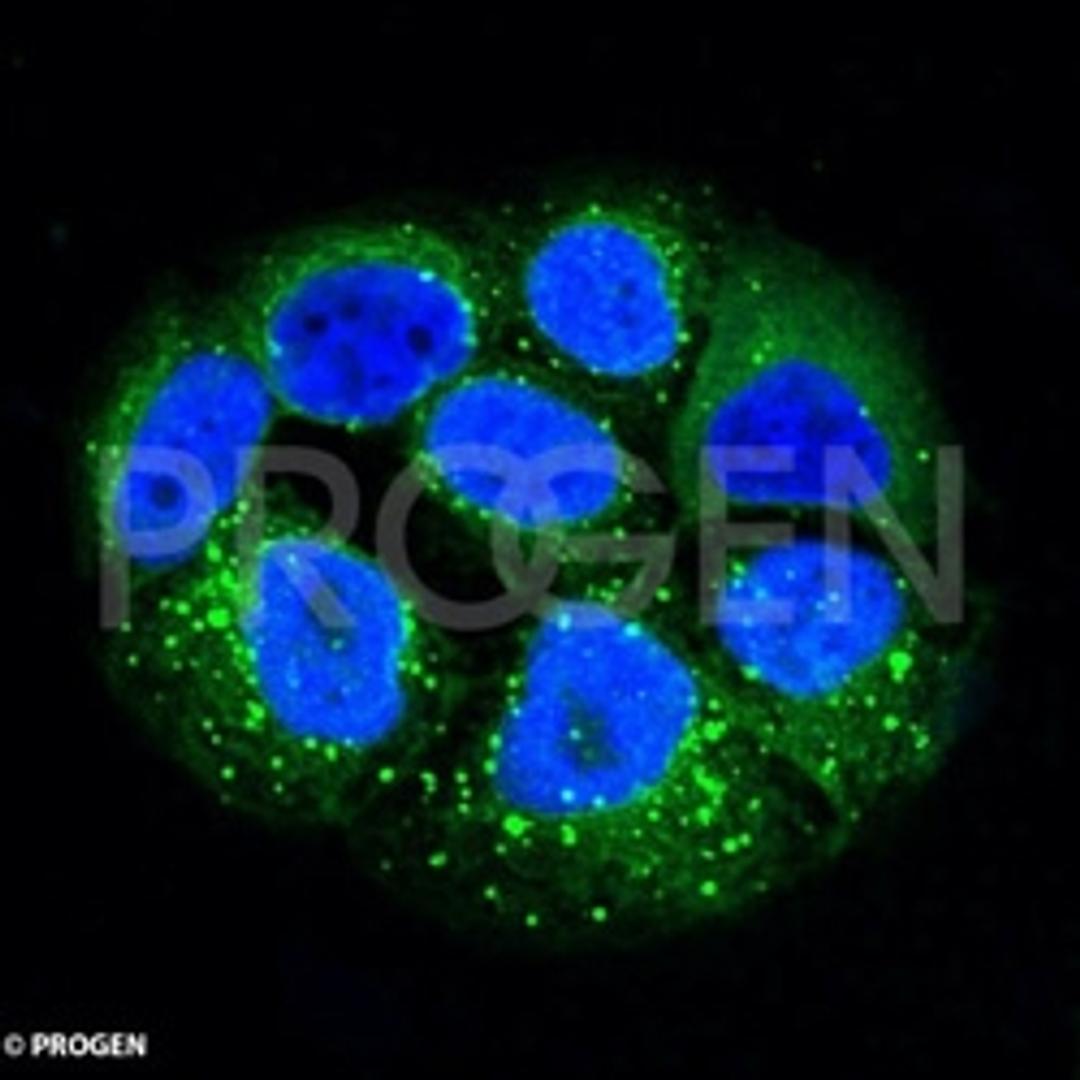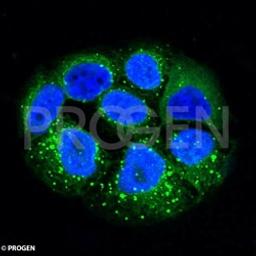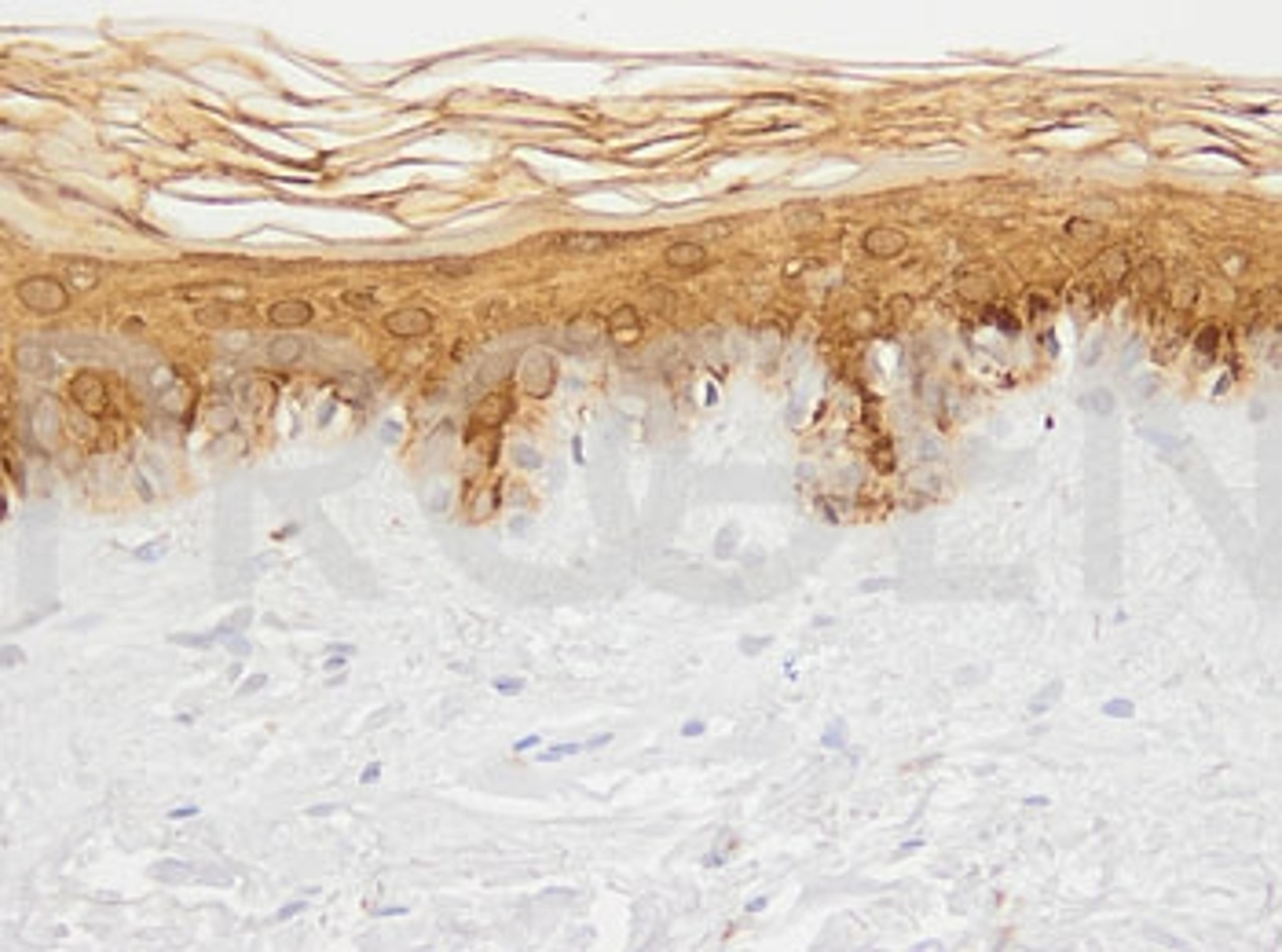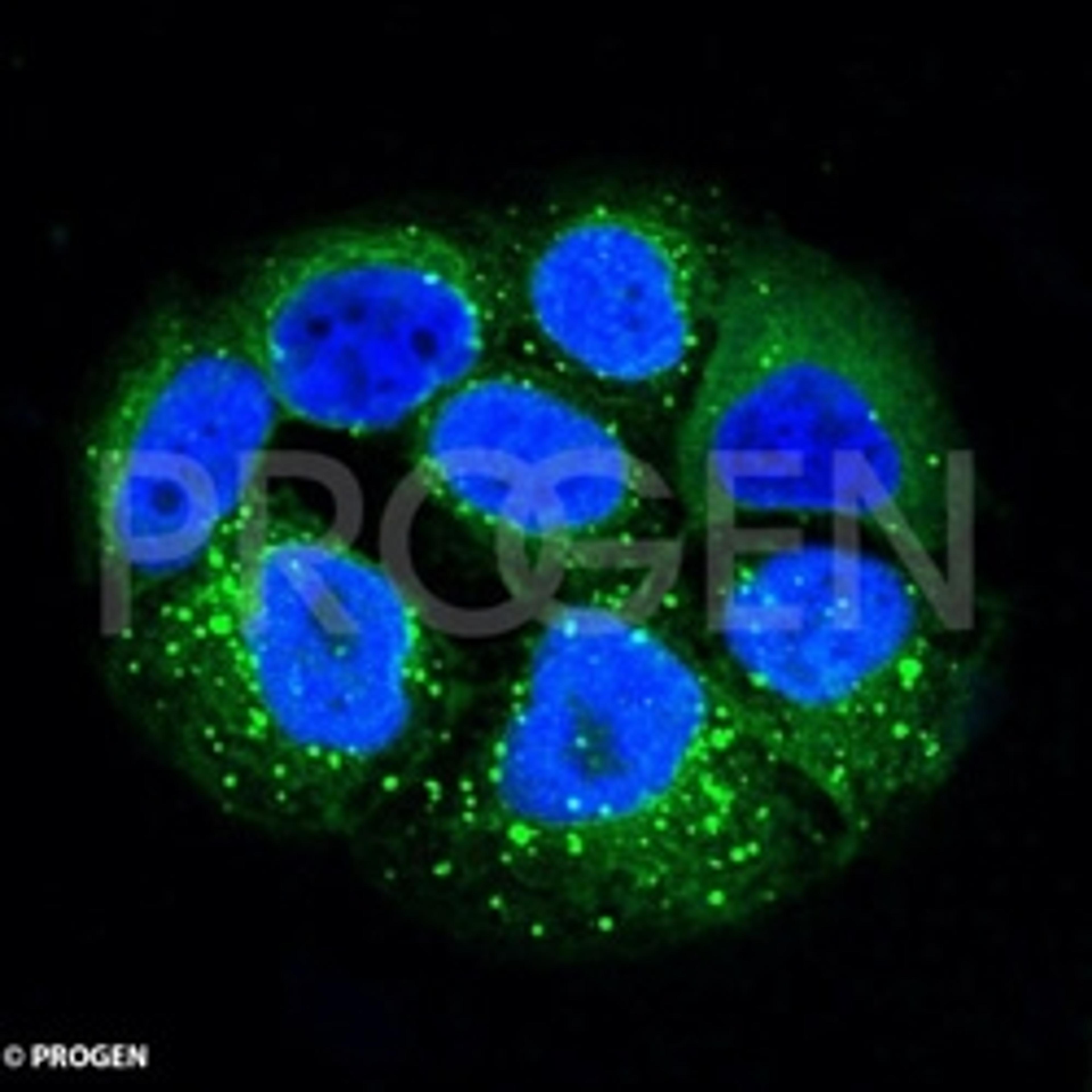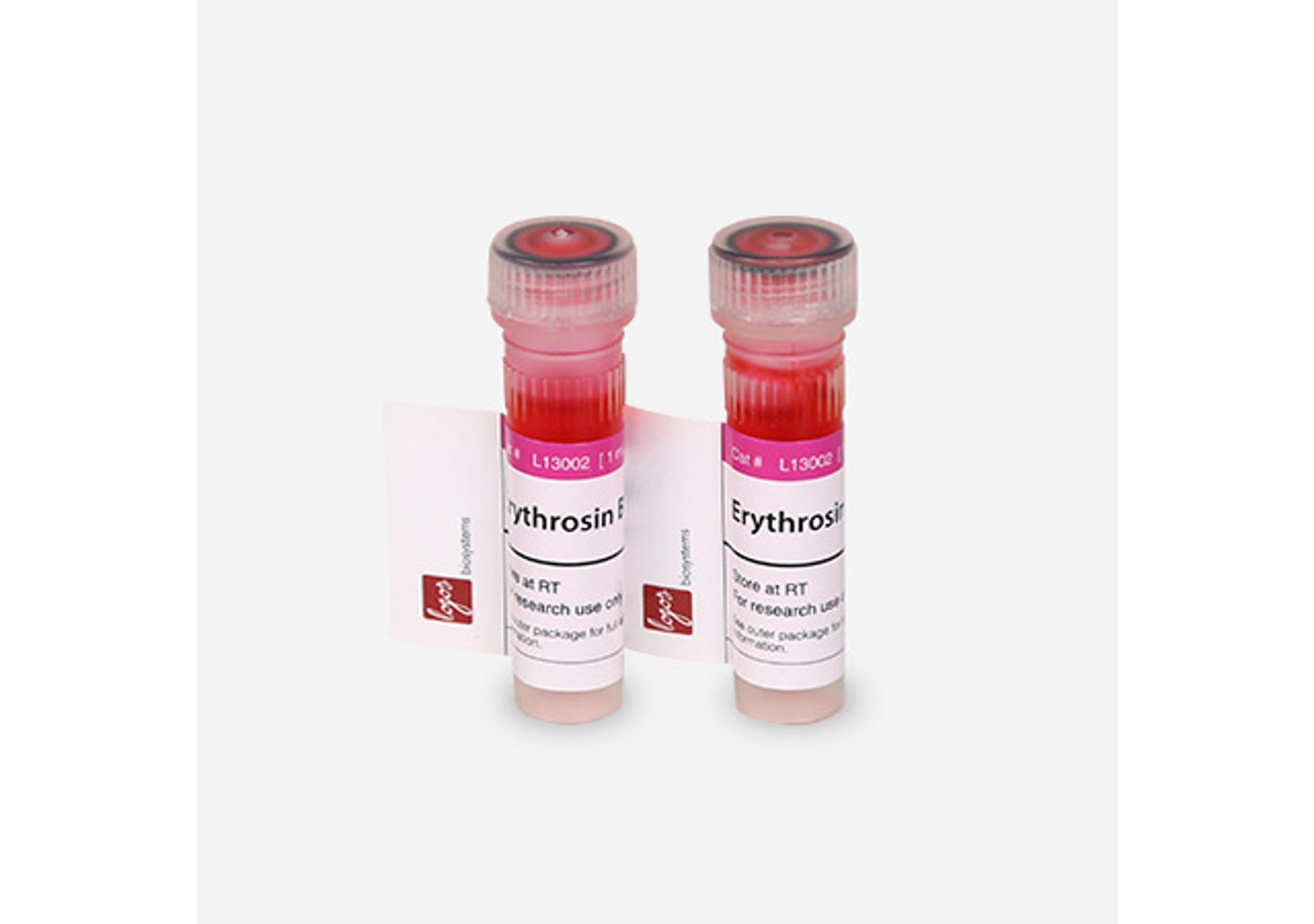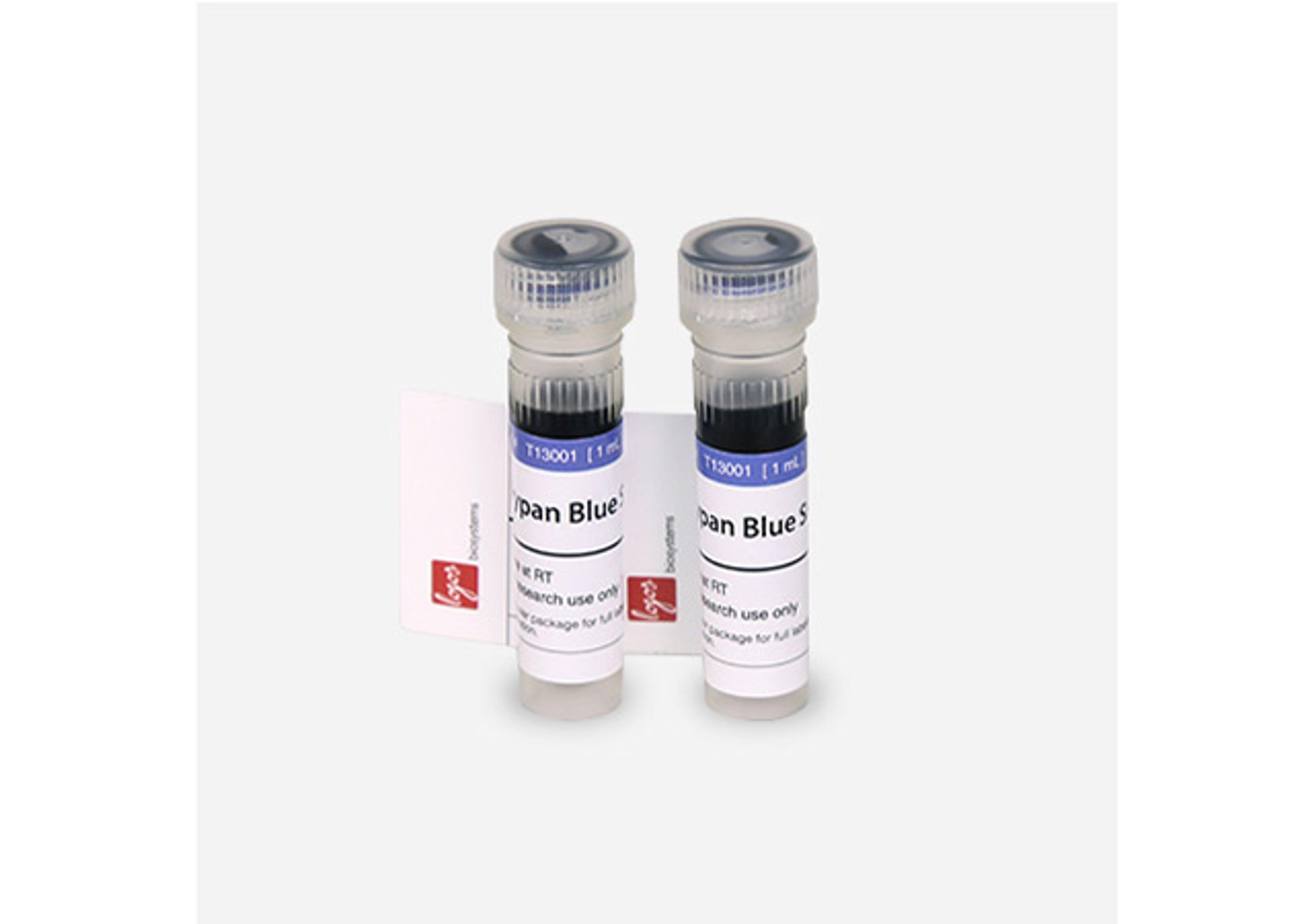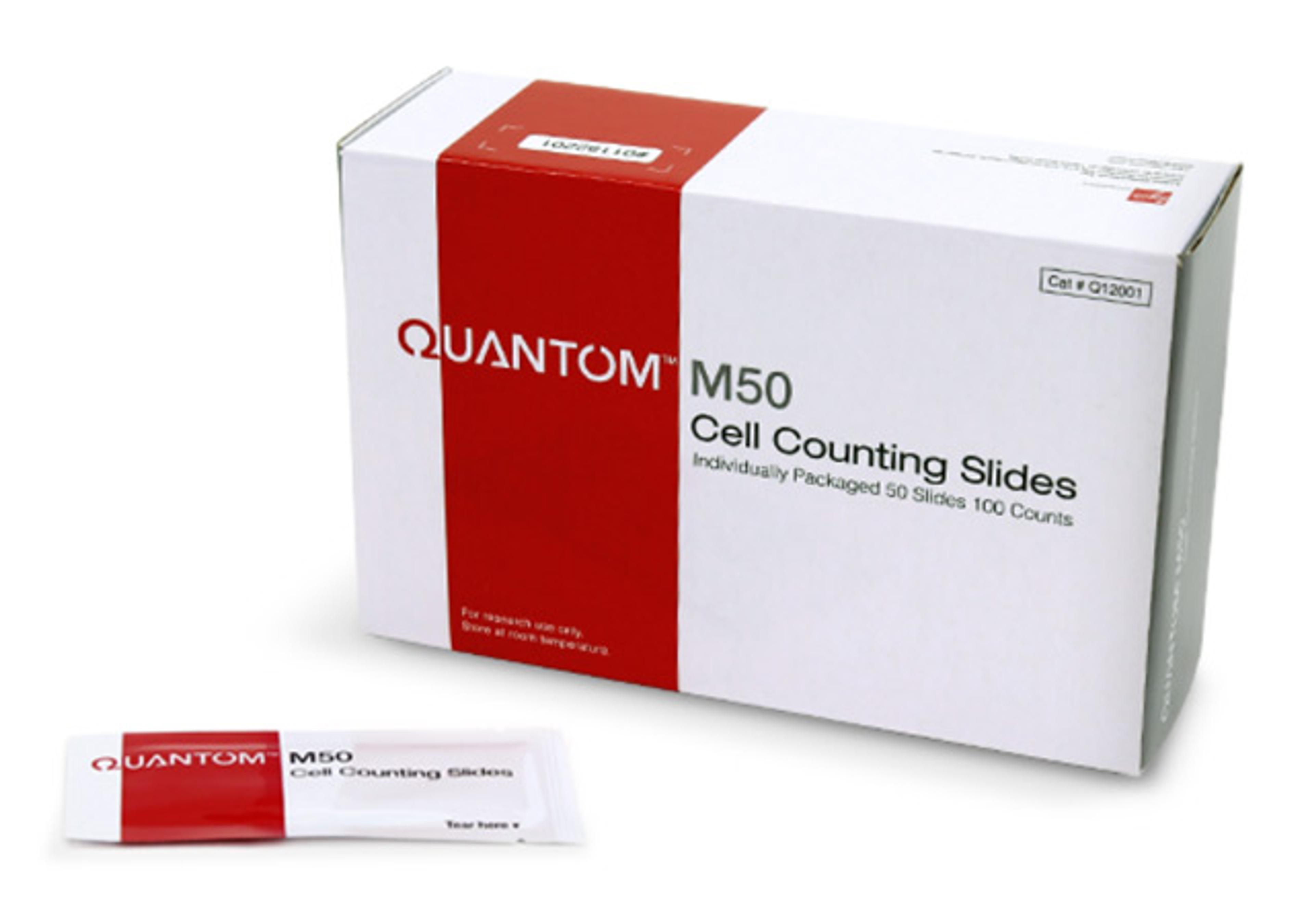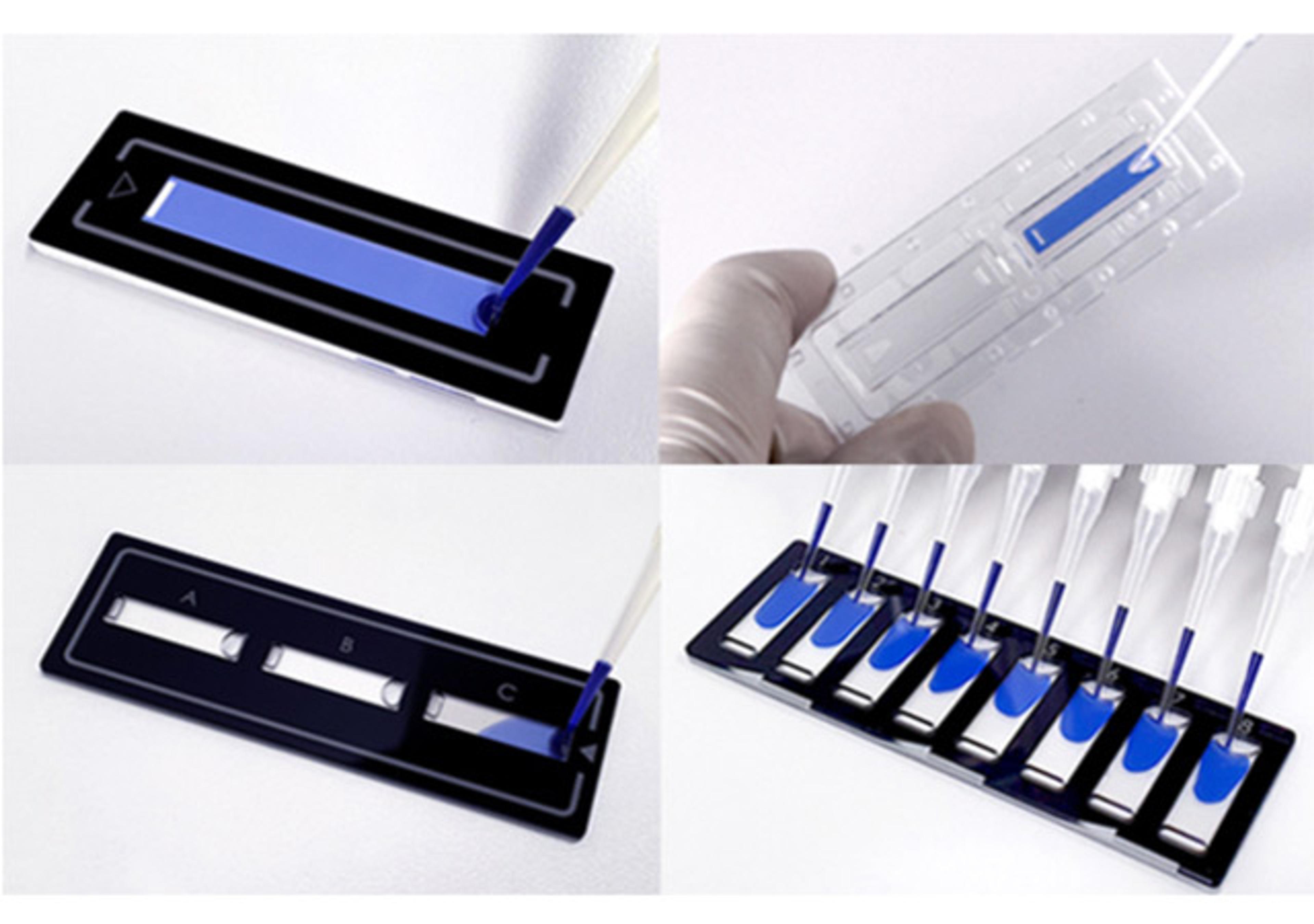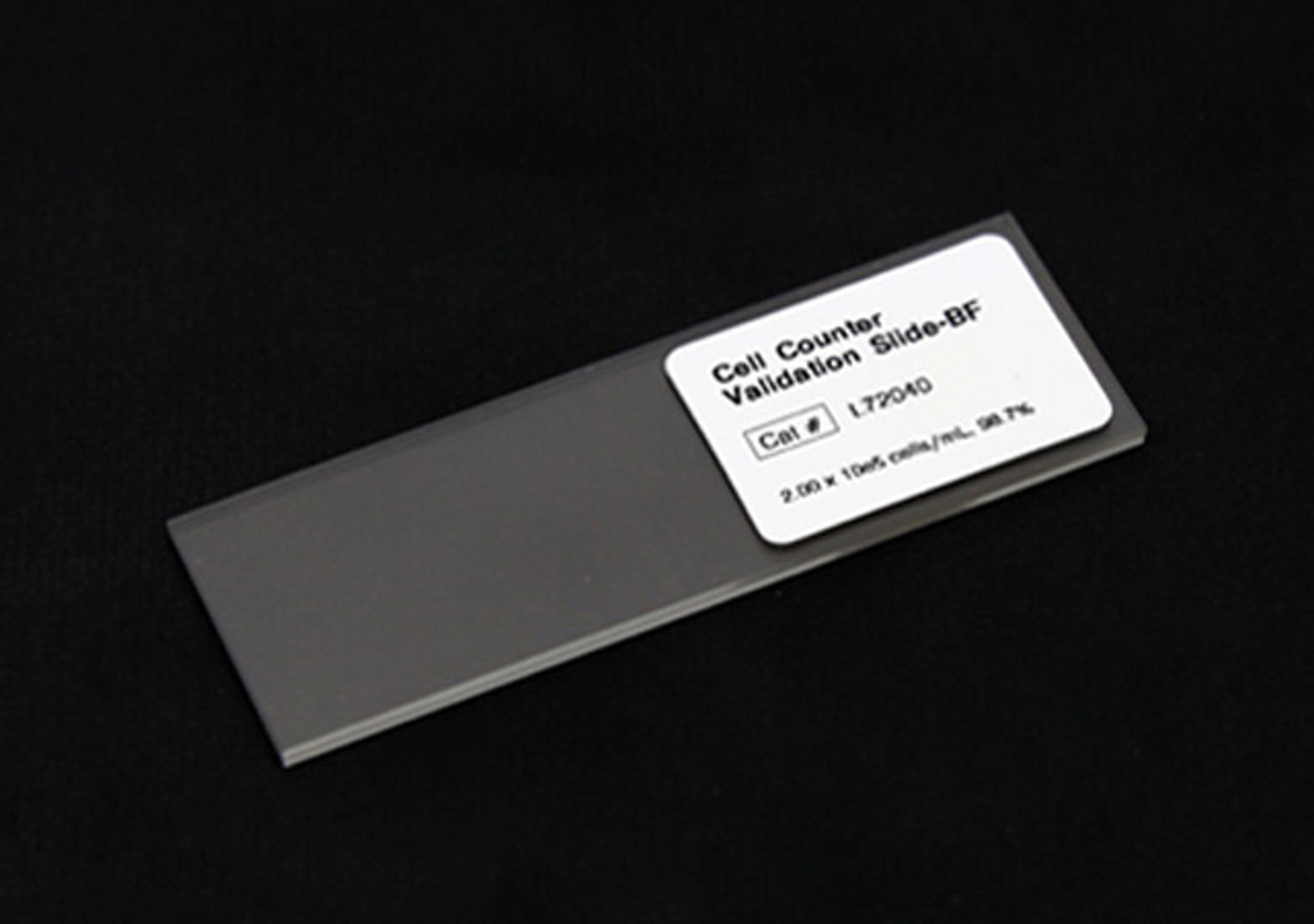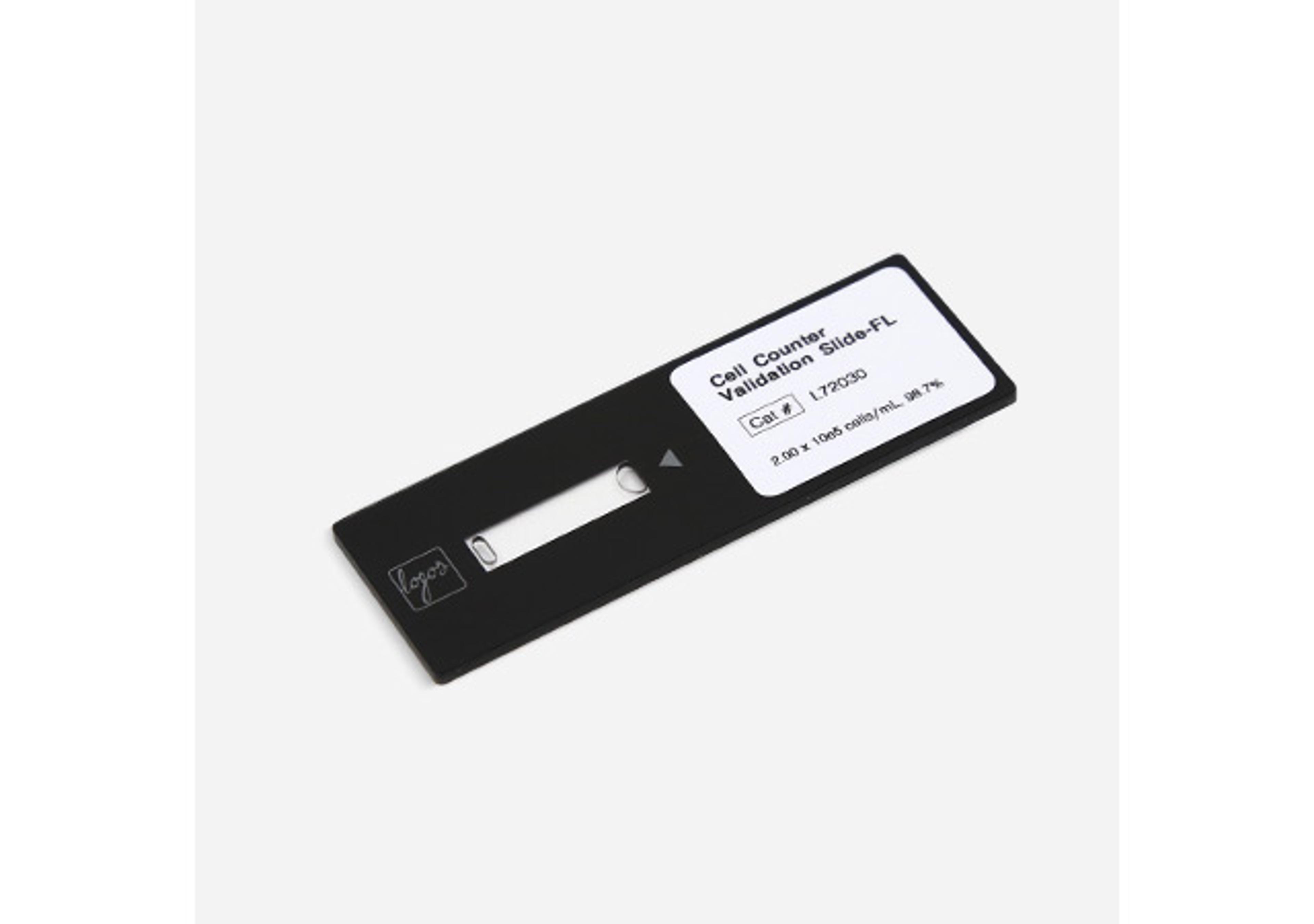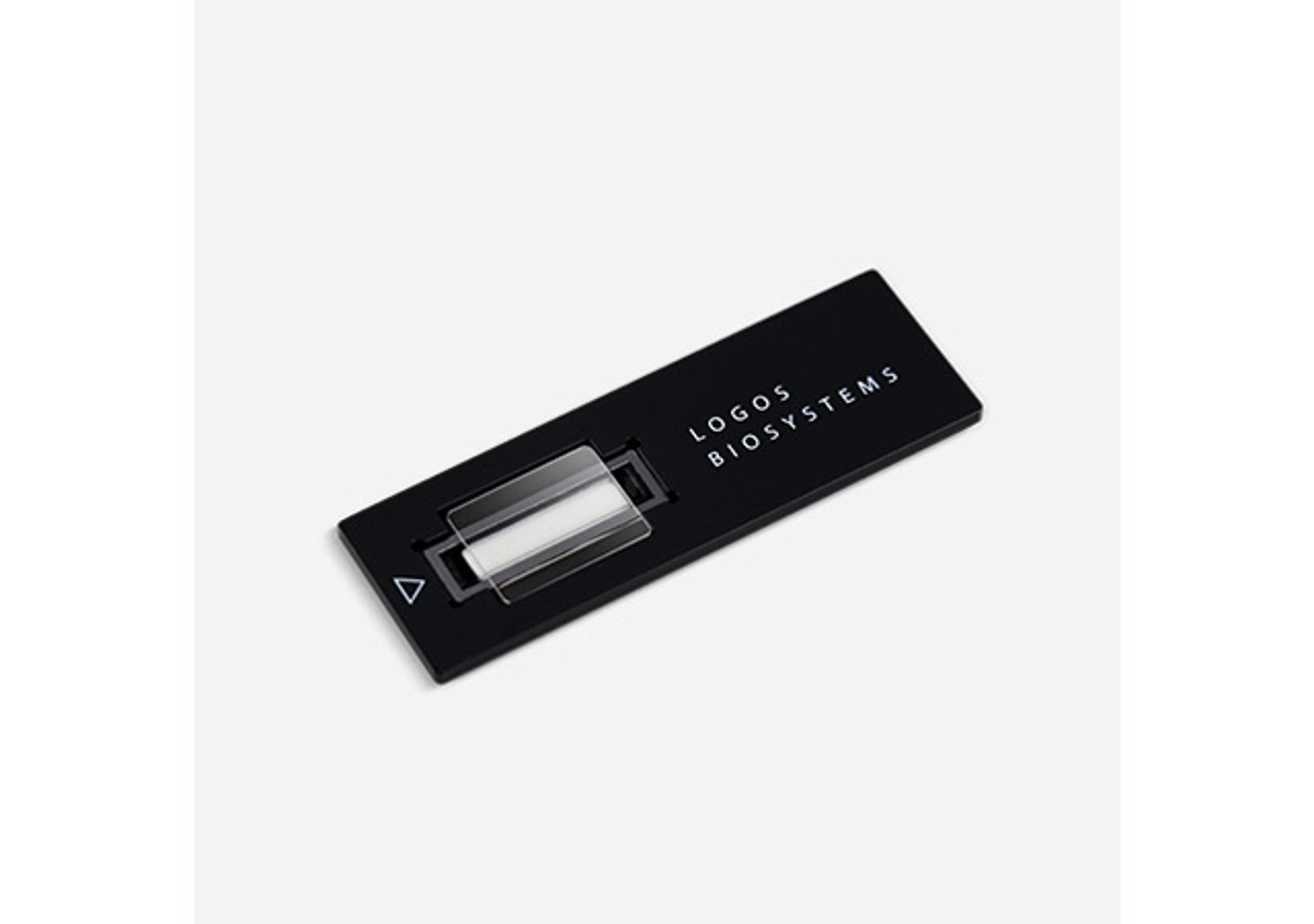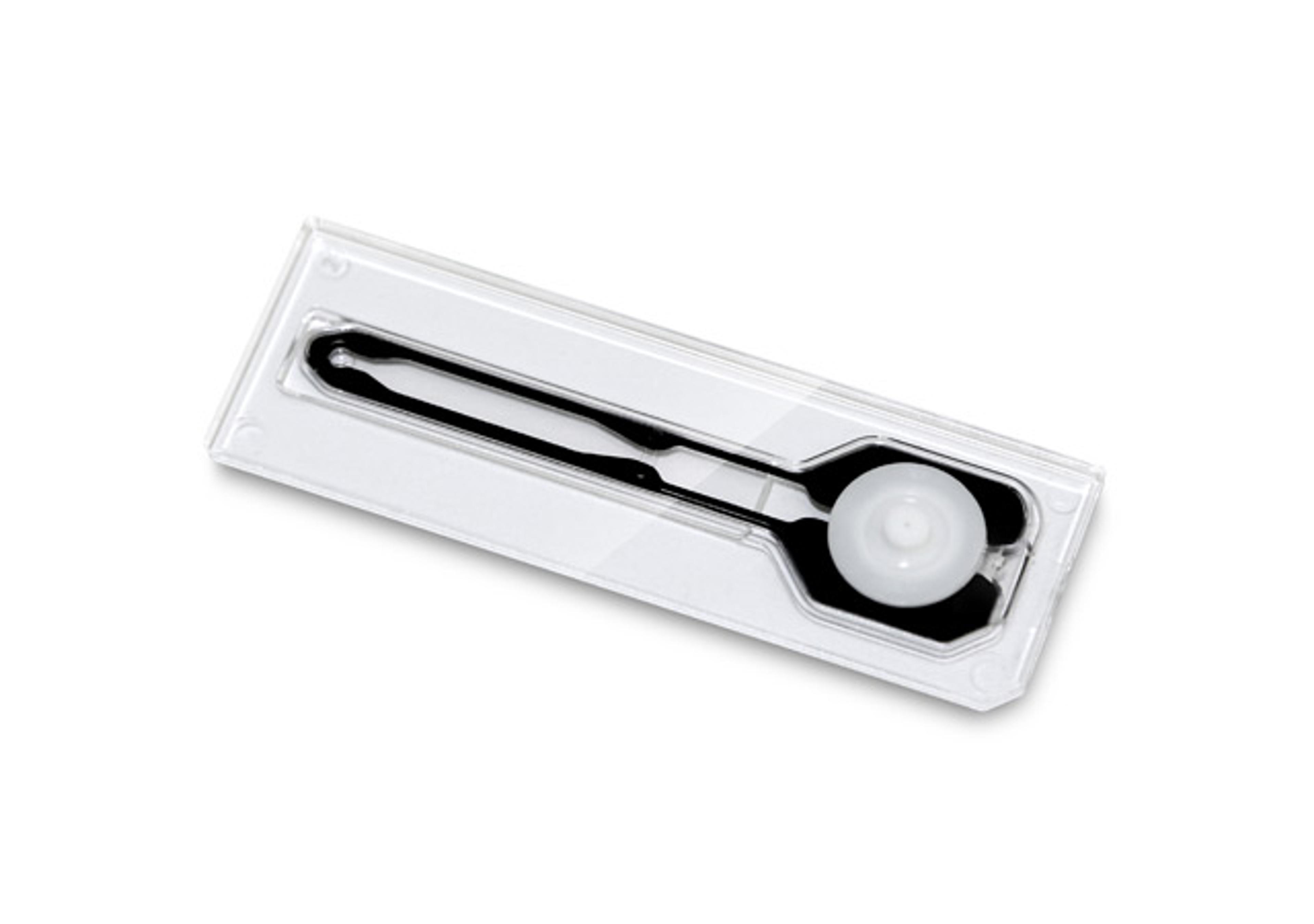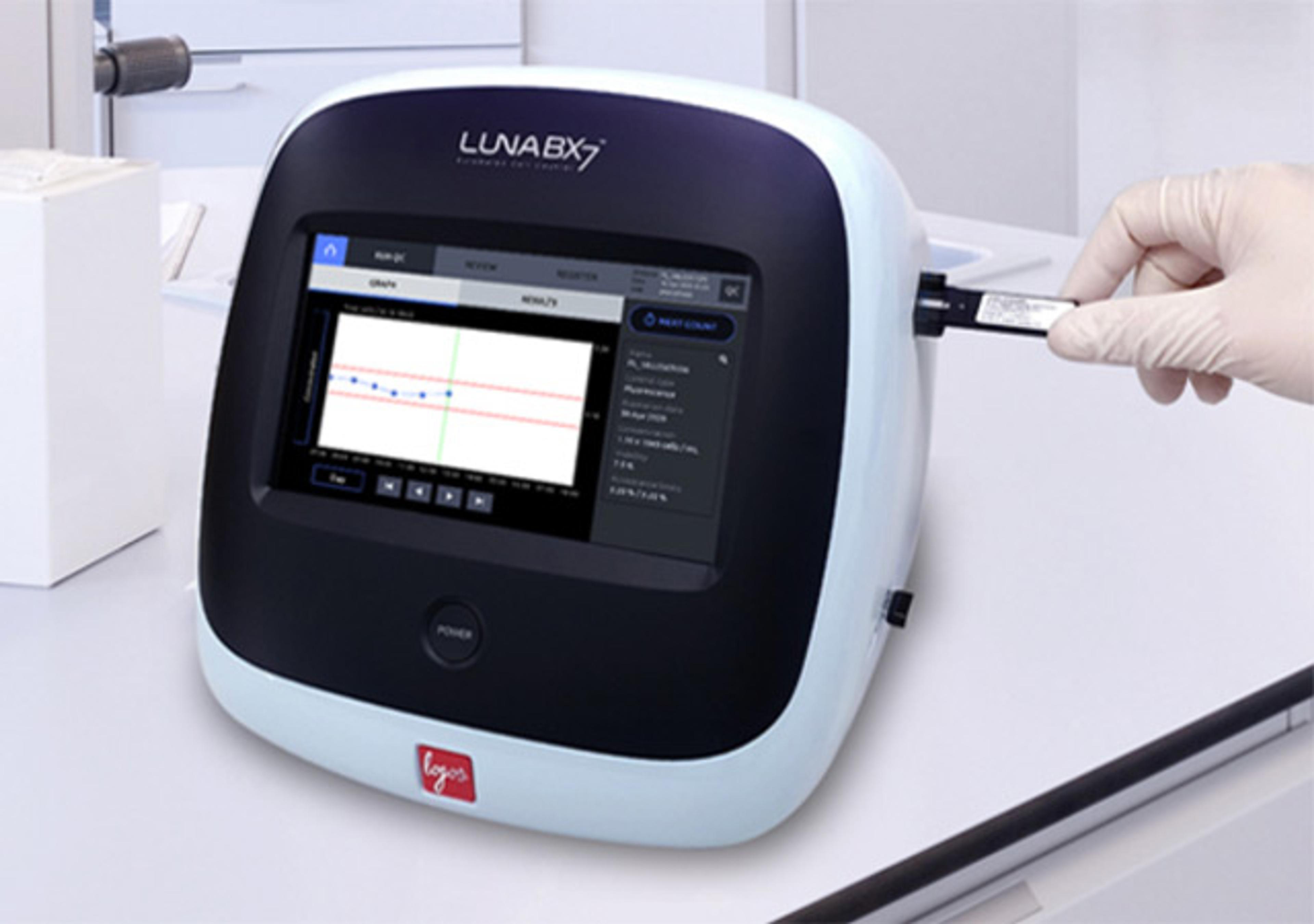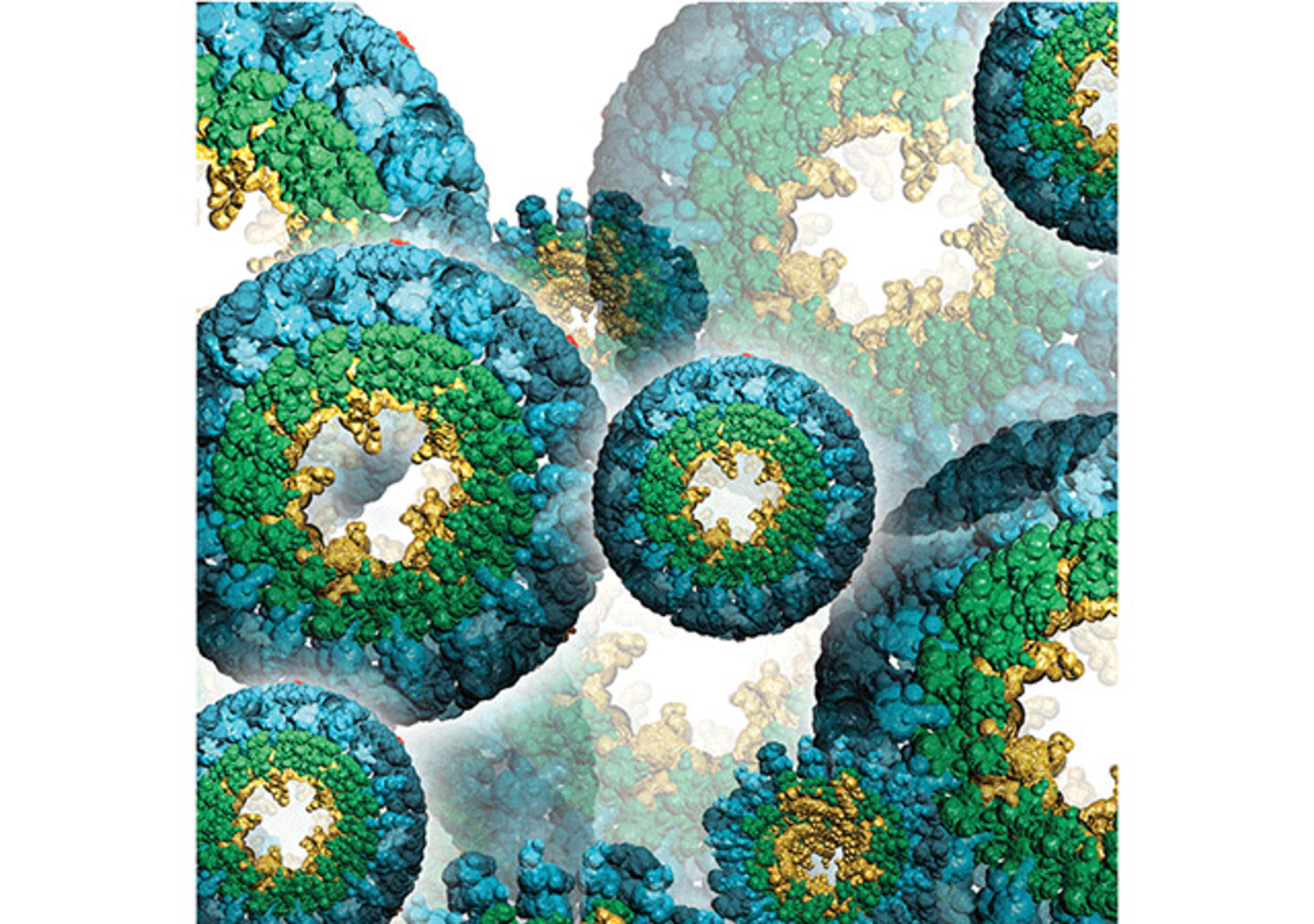Anti-p62 / SQSTM1 (C-terminus) guinea pig polyclonal, serum
The anti-p62 antibody is useful for research in ubiquitin-associated degradation and autophagy and for detection of neurofibrillary tangles in the brain of Alzheimer disease patients, in Parkinson diseases and various chronic liver diseases. Human p62 protein, present in intracytoplasmic inclusions is found in many tissues and cells, serving probably a common cellular signal transduction mechanism. Human 62 kD (p62) protein…

The supplier does not provide quotations for this product through SelectScience. You can search for similar products in our Product Directory.
The anti-p62 antibody is useful for research in ubiquitin-associated degradation and autophagy and for detection of neurofibrillary tangles in the brain of Alzheimer disease patients, in Parkinson diseases and various chronic liver diseases. Human p62 protein, present in intracytoplasmic inclusions is found in many tissues and cells, serving probably a common cellular signal transduction mechanism.
Human 62 kD (p62) protein, is present in intracytoplasmic inclusions (e.g. hyaline bodies) of hepatocellular carcinoma.
p62 protein (also described as ubiqutin-binding protein; sequestosome 1; SQSTM1) has been found in many tissues and cells, including lymphoid cells, serving probably a common cellular signal transduction mechanism (e.g. ubiquitin-associated degradation and autophagy).
The antiserum stains also neurofibrillary tangles in the brain of patients suffering from Alzheimer’s disease.
Tested applications:
- IHC-F
- IHC-P
- WB

